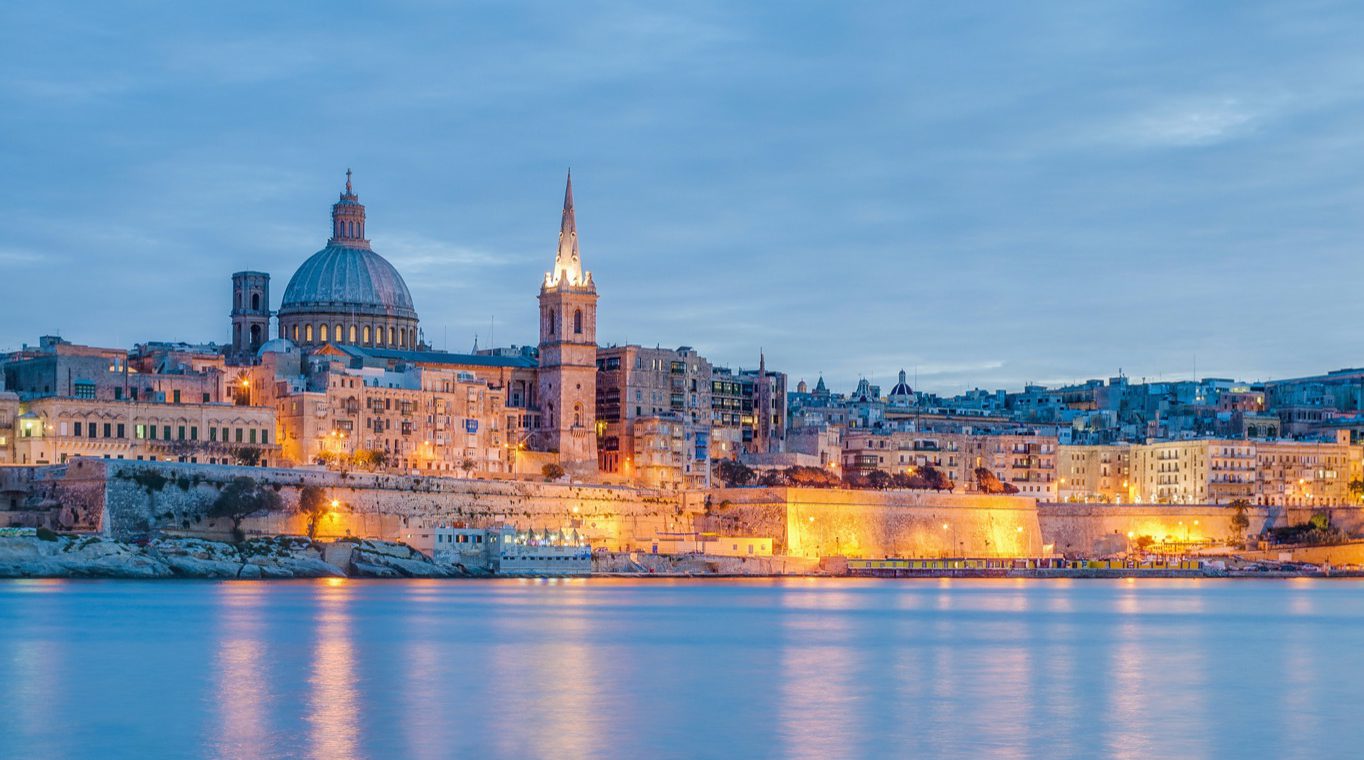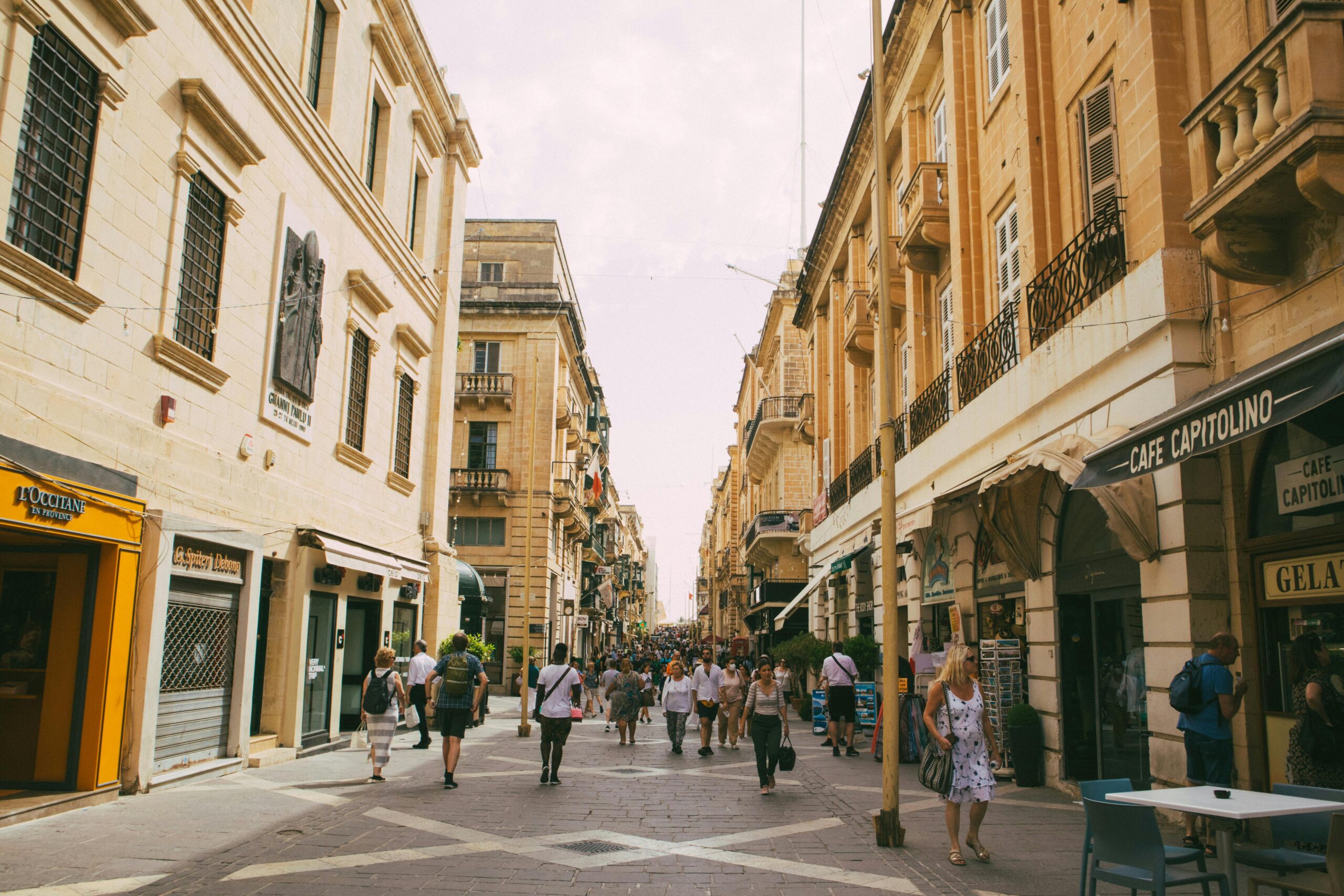As the dust settles on the decision taken by the global Financial Action Task Force (FATF) to place Malta under increased monitoring, better known as ‘greylisting’, questions turn to the likely impacts of the vote.
With a large part of Malta’s GDP relying on financial services and gaming, two industries that depend on their home jurisdiction’s good reputation, concerns are being expressed as to the repercussions of Malta’s greylisting due to “serious weakness” in the effectiveness of its financial regime.
BusinessNow.mt reached out to AML/CFT specialist Charles Cassar, founder of Shoulder Compliance, to help us cut through the uncertainty.

Where will the impact of greylisting be felt the most?
The largest and most direct impact will probably be felt by banking and financial institutions, as they constantly deal with international counterparties that will be assessing the risk associated with Malta and revising their risk assessment upwards due to the greylisting.
This may lead some institutions to stop working with Malta because they are not interested in dealing with that level of risk
How does this affect correspondent banking relationships supporting US dollar payments?
The global de-risking phenomenon has been going on for a number of years, predating our issues with Moneyval, and obviously greylisting is going to heighten the correspondent banking issue.
Imagine you’re a financial institution and you’ve just been notified that your correspondent bank is looking to terminate their relationship with you – you would attempt to identify an alternate institution willing to work with you.
Maltese institutions will start at a disadvantage, because the first thing a potential correspondent bank will see is that Malta has been greylisted. That will make the process a lot harder, so we may very well see a continuation of this phenomenon.
Could this translate to higher banking costs?
Possibly. Higher regulatory oversight results in more compliance costs for institutions. Those costs may be passed on to the customer.
Some of this may have already been priced in, but let’s put it this way: It is very easy to see costs increase, but very difficult to see them decrease.
Will greylisting affect employment in the banking sector?
The large banks in Malta have all reported decreases in profitability over the last few years, and with decreases in profitability it is impossible to exclude job losses.
But it is also fair to say that the Maltese banking rector is resilient and well capitalised, and despite reductions in profitability, the big banks are largely still profitable. So any such impact is likely to be minimal.
How will increased monitoring affect wider industry?
The impact will spread beyond the financial services industry. Any Maltese entity dealing with financial institutions abroad – whether that’s property or gaming, any business that could have dealings abroad – can be assessed as being higher risk than it otherwise would have been.
So these businesses will find those dealings more difficult, in the sense they might need to go through additional procedural burdens or even find that banks are not interested in working with them as they do not want to deal with high risk jurisdictions.
Turning to domestic banking relationships, we can take a car dealership or travel agency as an example. These businesses would often have dealings with other countries, and because the sector may sometimes be associated with criminal activity, banks may take the view that they are not interested in policing whether or not this business is legitimate. Such entities may therefore experience decreased access to financial facilities.
What about the impact on individuals?
The repercussions can also be felt by individuals. Regulators will, and rightly so, go on overdrive to ensure that the country can exit the grey list. They will want to show results, to show they are taking strong action when there is non-compliance.
Banks and financial institutions will therefore be under increased pressure in terms of how they deal with their customer base. We could see a de-risking process, with the termination of relationships with individuals having a risk profile beyond what banks are comfortable policing.
The impact of greylisting will therefore be felt first by banks and other financial institutions, and as these firms change their processes, the impact will spread to other industries and individuals.
Does Malta’s gaming industry stand to suffer?
Malta has done very well in terms of building a resilient gaming hub. Gaming companies that are based in Malta have in many instances fairly deep roots within the jurisdiction, and it will be expensive for them to change that. There is a certain amount of stickiness, and while it is impossible to exclude exits, I would not necessarily expect some rapid exodus of gaming companies.
The main challenges for the area are two-fold. First, the opportunity cost, as outlined above, where we might see gaming companies choosing not to come to Malta due to the greylisting. Secondly, there will be operational challenges. Even though many gaming companies would have their banking facilities elsewhere, they will now be identified as operating in a high risk jurisdiction.
While this impact could be mitigated by the fact that most institutions classify gaming companies as high risk in any case, the day-to-day operational challenges can be expected to increase.
In this scenario, the length of time we spend on the grey list is important. Companies willing to undergo a period of increased monitoring may be less enthused if the greylisting drags on.
We should learn from the experience of Iceland, which spent a year on the grey list, exiting at the earlier opportunity. That is now the best outcome we can hope for.
What other economic impacts could we see as a result of the FATF’s decision?
The most important impact may be unseen. In boardrooms of large companies across the world, people are choosing where they make their investments. Nowadays, financial crime and perception of financial crime risk is a huge consideration, so when they are comparing Malta to other jurisdictions they could invest in, the greylisting will be a point against us.
It is therefore quite possible that certain businesses that would have otherwise invested in Malta, when taking into account the higher scrutiny they would be subject to, choose not to.
This opportunity cost, while impossible to quantify or precisely define, will almost certainly be a significant outcome of the decision.
What do you think of the Finance Minister’s statement that the economic costs have already been absorbed, and thus no significant changes to the country’s economic performance are expected?
The comments made by the Finance Minister are certainly true, at least in part. Whether the impact has been fully priced in remains to be seen. The issuing of a formal declaration by the major global organisation in the area is a meaningful and loud step, which will be noticed across the board.
Nonetheless, being told that the repercussions have already been ‘priced in’ is cold comfort. We are being told that we are already suffering the consequences. That does not sound particularly encouraging or comforting to me.
The Finance Minister took a step back from his remarks, before the vote, that any vote for greylisting would be a political decision. You have previously called for accountability regarding these comments, insisting on transparency with citizens to find out what any such political considerations could be. What do you think about this shift in discourse?
I think taking a step back from those comments was a wise decision, but of course we cannot unhear those statements. They were made, and I think legitimate questions can still be raised by citizens.
Still, it’s a good move, and hopefully this is what we will see in substance – that the Government is rolling up its sleeves and doing what must be done.
What is clear is that what must be done must not be limited to legalisms. It must be substantive.
Although we have seen some major reforms and high profile prosecutions, there remain zero convictions. That is not a sign that things are working perfectly, and it opens us up to legitimate criticisms.
Ultimately, more important than Moneyval, greylisting, or reputation concerns, is the sheer integrity of jurisdiction.
Justice must be done, and it must be seen to be done.
Malta International Airport closes in on one million passengers in June
Meanwhile, aircraft traffic movement rose by 4.5 per cent year on year
Malta’s population hits 574,250 in 2024, up by 1.9%
Total net migration was at 10,614 persons, the vast majority being non-EU citizens
Service excellence as a cornerstone of Avenue 77 workspace experience
Providing excellent service is a foundational aspect of what makes working at Avenue 77 a great experience






